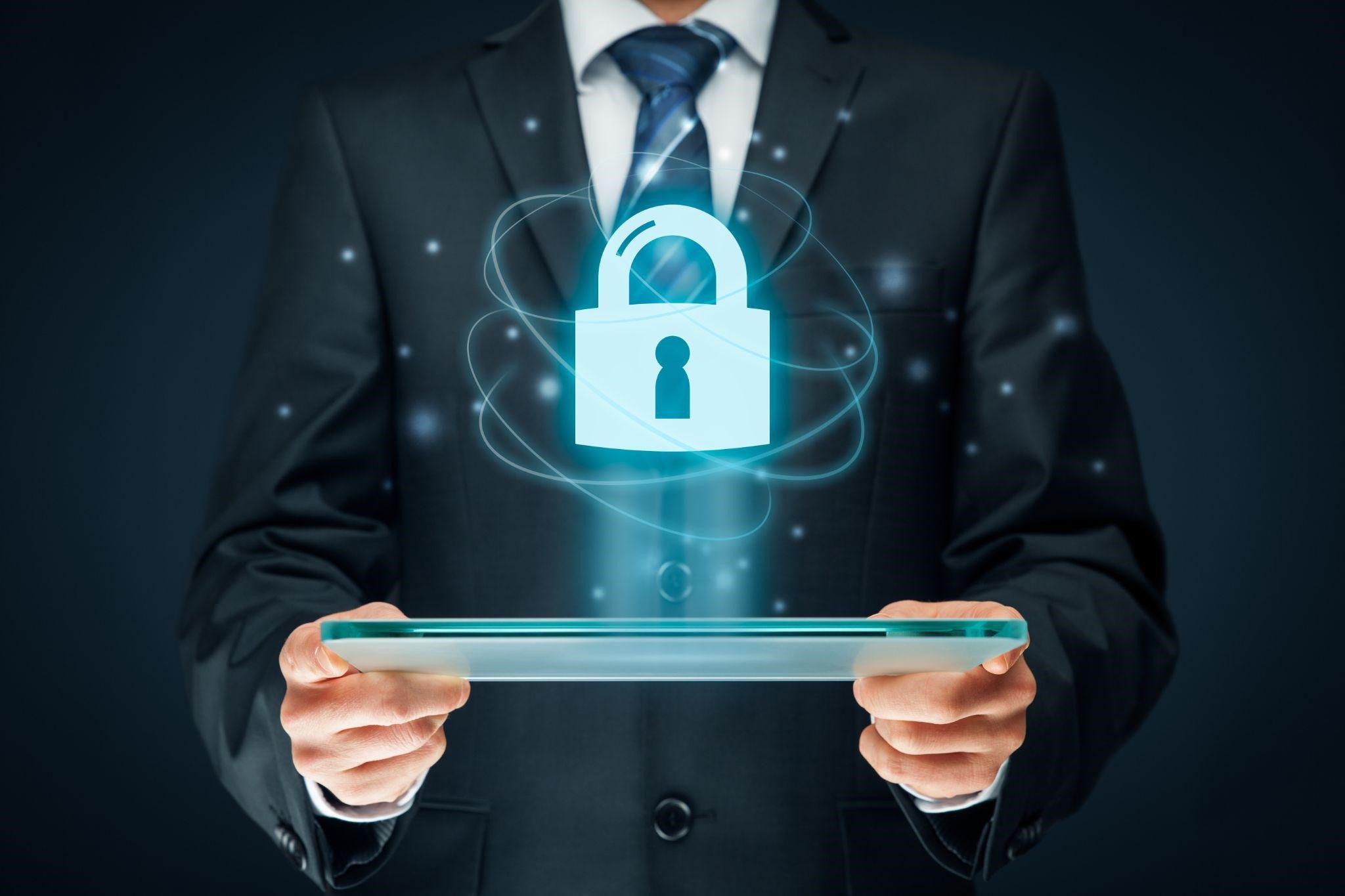
Image Source: DepositPhotos
There’s a lot of personal data stored in your phone. Consider the instant messages you have sent via various apps. Have you wondered whether the service provider can read them? You would not be the only one.
After all, there are instances of companies reading their users’ messages. An investigation has exposed Facebook as one of the possible culprits. The research revealed that the company hires contractors to review WhatsApp users’ messages. But wait, isn’t WhatsApp end-to-end encrypted? Yes, until someone reports abuse. Then, the hired contractors review the content for potential misuse.
Your Smartphone is a Goldmine
You also use a lot of apps on your smartphone, don’t you? Well, you can’t fully trust these apps when it comes to data privacy. In many cases, you do not know how these apps monitor your behavior, or if at all. Of course, this might not be the app providers’ fault. After all, users rarely read the terms and conditions of each app they use.
Again, with technology evolving continuously, no protection is completely foolproof. Suppose the owner of the app changes hands: it could turn from one behaving well to the one you can’t quite trust.
You should take steps to protect your privacy and security, especially concerning the apps you use. You can delete the data about you that Google has stored and change the privacy settings in Android 12 and iOS 14 to prevent your tracking by apps. iOS 14 also comes with the “privacy nutrition label,” which helps you know what data of yours an app collects before you decide to download it.
However, data experts say that there’s still more you can do to boost your smartphone’s privacy and security. Here are a few tips they suggest.
Use A Passcode to Lock Your Device
If you skip the first layer of protection, you are leaving yourself vulnerable to anyone picking up your phone accessing the apps and data in it. Therefore, you should set an appropriate lock on your phone. If your device has that feature, you will do well to set a “touch ID,” wherein your phone will open only after it has identified your fingerprint. You may also set a “face ID,” which would open your phone after its front-facing camera has recognized your face.
Keep Your Passwords Unique for Every Online Account
Avoid using the same password for all the accounts you have online. If you do, you give hackers the chance to break into every account with the single password they have managed to breach. It’s like giving hackers a master key. Or, if the password is easy enough, perpetrators can crack via brute force attacks.
Data experts suggest the use of password managers that let you create unique passwords hard to crack. They also help you remember your unique password for every account of yours. If needed, you may even write them down or use password manager software.
Update Your Software Regularly
You should take the time to update the software on your smartphone as it’s vital for the safety of the data stored in it. These updates are made to protect you from the latest techniques and technologies used by hackers. You should adjust the settings on your phone so that updates occur automatically.
You should know that the methods used by cybercriminals to hack into your phone are constantly evolving. Therefore, the ways to protect your data need to evolve as well. Those software updates are therefore important, and you should never ignore them.
Protect Yourself with A VPN
A VPN boosts your online security and privacy greatly by hiding IP address, which keeps you anonymous online. You should use a VPN when you are on an open Wi-Fi network to keep yourself safe. After all, a Virtual Private Network encrypts your internet traffic, making it unreadable to anyone attempting to see it. As a result, you get to hide certain information from intrusive data brokers, advertisers, apps, and websites.
Conclusion
We live in unsafe times, and your online security is under constant threat from cybercriminals. Some are snooping on you. You should therefore do all within your means to protect your privacy and security. However, the methods we have suggested are still very effective layers of protection from hackers and other criminals. You should never let your guard down and do stay cautious.